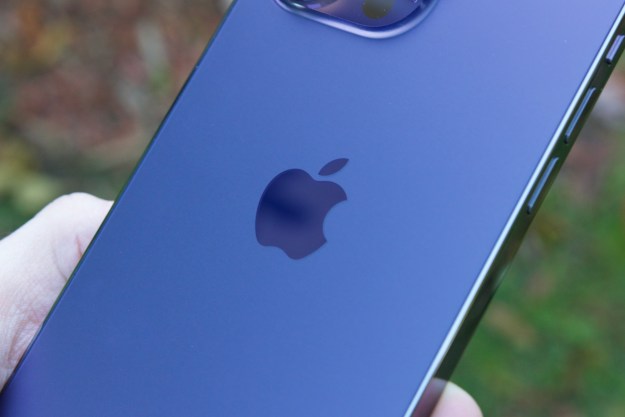Apple awarded $75,000 to a hacker who discovered exploits that allowed him to hijack the cameras of iPhones and Macs.
Security researcher and former Amazon Web Services security engineer Ryan Pickren disclosed at least seven zero-day vulnerabilities in Safari to Apple, according to Forbes. Three of these vulnerabilities may be used to hijack the cameras of iOS and macOS devices.
The exploit required victims to visit a malicious website, which could then access their device’s camera if it had previously trusted a video conferencing service such as Zoom.
“A bug like this shows why users should never feel totally confident that their camera is secure,” Pickren told Forbes, “regardless of operating system or manufacturer.”
Pickren informed Apple about his discovery in mid-December 2019. Apple validated all seven vulnerabilities, and after a few weeks, released a fix for the iOS and macOS camera exploit. The security researcher was then paid $75,000, which Pickren said was his first earnings from the company.
Security researcher Sean Wright told Forbes that the exploit that Pickren discovered, even if it required the victim to visit a malicious website, was “a very viable form of attack.” Wright added that compared with the attention on webcams in computers, there has not been much focus on the cameras and microphones of mobile phones, which he said is “a far more likely route” for attackers if they want to eavesdrop on their targets.
Bug bounties
Bug bounty programs provide incentives to security researchers to help tech companies find vulnerabilities in their software, instead of the exploits falling into the hands of malicious hackers.
Apple, which launched a bug bounty program in 2016, made changes in August 2019 that included the addition of a $1 million reward for hackers who could launch a “zero-click full chain kernel execution attack with persistence.” In December 2019, the program was finally expanded to accept submissions for macOS bugs.
Apple rival Google has also been generous with its bug bounty program, with an up to $1.5 million reward for “full chain remote code execution exploit with persistence which compromises the Titan M secure element on Pixel devices.” In 2019, Google paid a total of $6.5 million in bug bounties, for a total of $21 million since the program was launched in 2010.
Editors' Recommendations
- iOS 17.5 just launched with a huge security feature for your iPhone
- A big iPhone update is right around the corner
- Nomad’s new iPhone case and Apple Watch band may be its coolest yet
- Here’s how Apple could change your iPhone forever
- There’s a big problem with the iPhone’s Photos app


